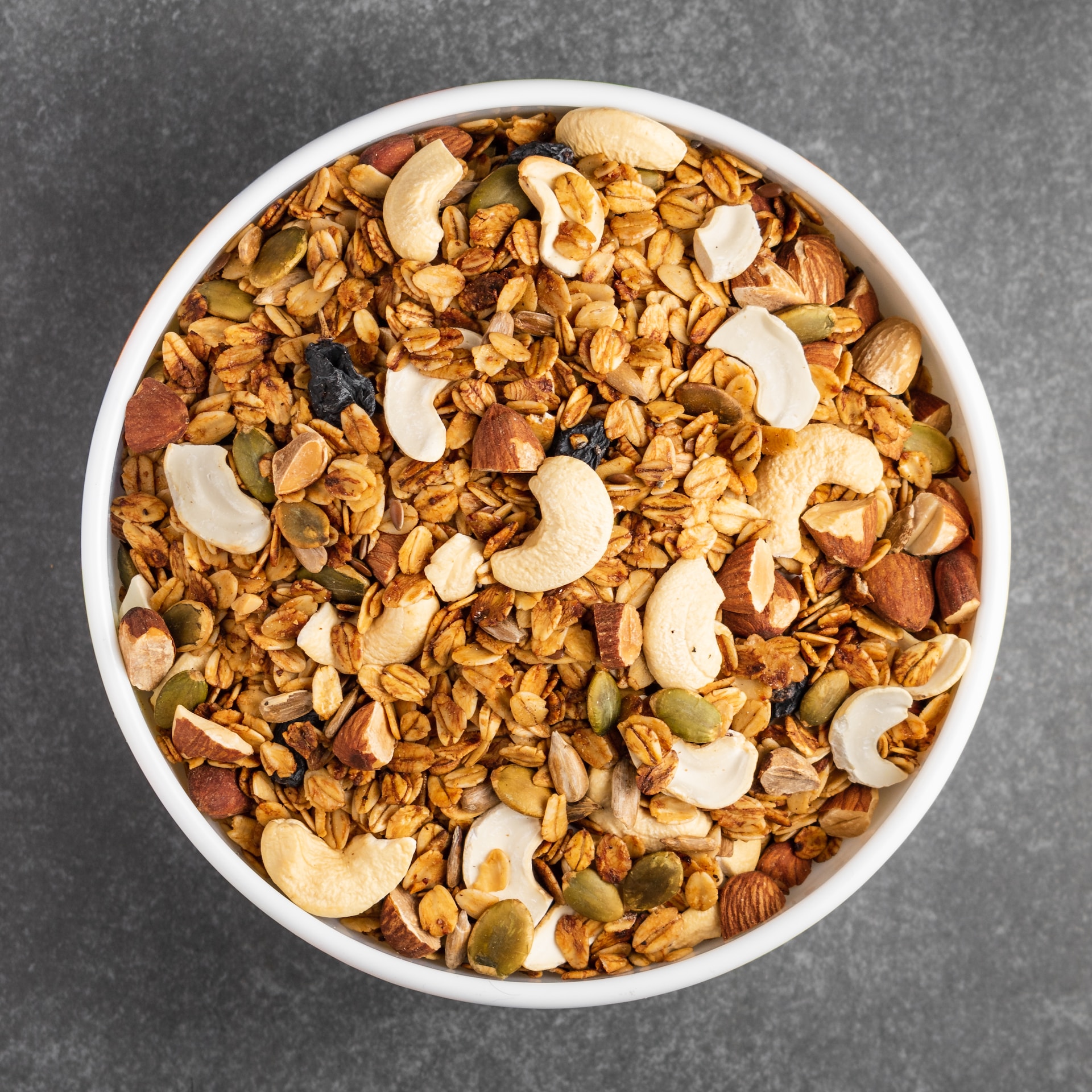Nutrition
Fiber-Rich Foods: Nutrition for Digestive Health

Gentlemen, let’s talk about fiber. Yes, the stuff that makes you feel full, keeps your digestive system running smoothly, and is a champion for your overall health. It’s not the most glamorous topic, but as we age, it becomes increasingly important. So, let’s dive into the world of fiber-rich foods and how they can be your secret weapon for digestive health.
First off, what is fiber? It’s a type of carbohydrate that your body can’t digest. While most carbs are broken down into sugar molecules, fiber remains undigested as it passes through your body. This might sound like a bad thing, but it’s actually great for your digestive system. It adds bulk to your diet, helping to prevent constipation and promote regular bowel movements.
Now, let’s get to the good stuff – the foods that are packed with this dietary dynamo.
Whole grains are a fantastic source of fiber. Foods like brown rice, oatmeal, and whole grain bread are not only delicious but also loaded with fiber. They’re versatile, easy to incorporate into meals, and have the added benefit of helping to lower cholesterol levels.
Next up, fruits and vegetables. Apples, berries, oranges, and pears are all excellent sources of fiber. And let’s not forget about our leafy green friends like spinach and kale. Not only are these foods packed with fiber, but they also provide a wealth of vitamins and antioxidants.
Beans and legumes are also fiber powerhouses. Black beans, lentils, and chickpeas can be added to soups, salads, or even made into a delicious hummus.
Now, I know what you’re thinking. “I’m a meat and potatoes guy, how can I add all this fiber to my diet?” The answer is simple. Start slow. Add a side salad to your dinner, swap out white bread for whole grain, or add some berries to your morning cereal. Small changes can make a big difference.
But remember, as you start to increase your fiber intake, it’s also important to drink plenty of water. Fiber works best when it absorbs water, making your stool soft and bulky.
Eating a fiber-rich diet isn’t just about keeping your digestive system happy. It can also help to reduce the risk of developing chronic diseases like heart disease, diabetes, and certain types of cancer. Plus, foods high in fiber tend to be lower in calories, helping to maintain a healthy weight.
So, my fellow seasoned gents, let’s embrace fiber. Let’s celebrate the whole grains, the fruits, the vegetables, and the legumes. Let’s make fiber the star of our meals and reap the benefits of a healthy digestive system. Because at the end of the day, a happy gut is a happy life.
Remember, gentlemen, your health is your wealth. So, let’s invest in a fiber-rich diet and enjoy the dividends of good health and longevity. Here’s to a life full of vitality, vigor, and plenty of fiber!
